Life Lessons We Learned from the First Day of School
Columnist Leigh Newman looks back on the dos and don'ts of that horrible, wonderful first day back in the classroom—and how they apply to us today.
By Leigh Newman
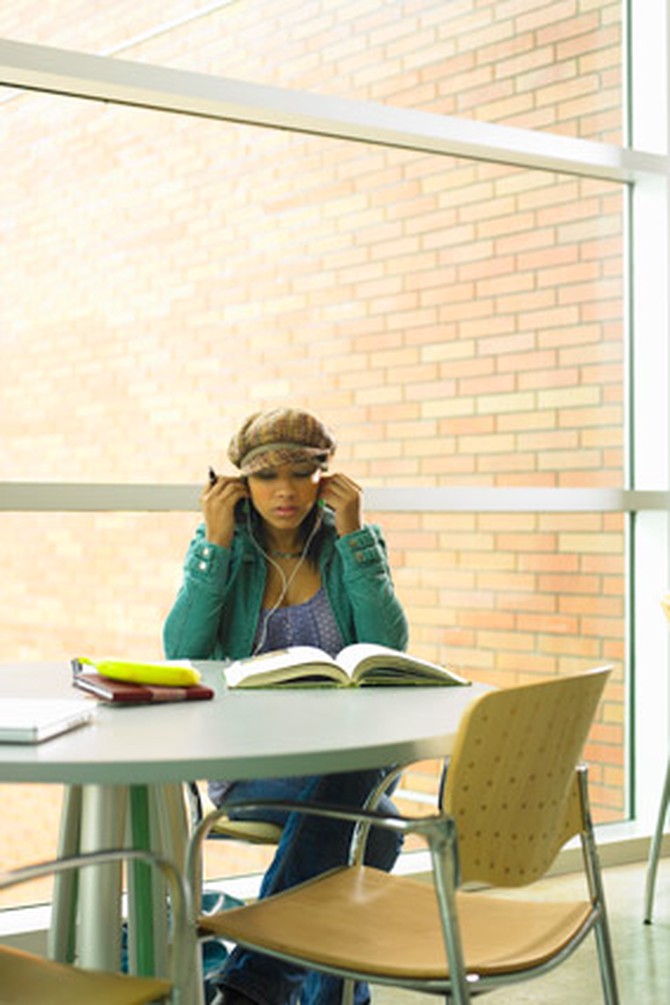
Photo: Thinkstock
The first person who talks to you isn't necessarily your new best friend.
You may want her to be your best friend. In fact, way back in seventh grade when you were sitting at a lunch table alone, knowing no one in that whole cafeteria full of laughing, seat-saving people, she may have seemed as if she could be such a person—as long as you ignored her bubbling enthusiasm for Wednesday's after-school "Coven Club." And so you invited her over to spend the night. Six months later, you realized you'd spent most of your junior-high experience hanging out in her room, chanting ineffective, creepy spells until you finally admitted to yourself that you two had nothing in common.
Twenty years later, when you are sitting at dinner at a yoga retreat alone, you need to remember this moment from the past, because the first person who talks to you may actually end up being your best friend—or she may be a total nutcase (and often she is; that is why she is talking to you; she's exhausted everybody else and is pouncing on you in hopes of a fresh start). Instead, wait for the second or third or fourth or 80th person—the one whose company you enjoy instead of the one whose company merely dulls that ancient fear in your soul of never making friends with anybody ever. Or, better yet, be the one who gets up and talks to that interesting-looking person also eating all by herself. She is waiting for you.
Twenty years later, when you are sitting at dinner at a yoga retreat alone, you need to remember this moment from the past, because the first person who talks to you may actually end up being your best friend—or she may be a total nutcase (and often she is; that is why she is talking to you; she's exhausted everybody else and is pouncing on you in hopes of a fresh start). Instead, wait for the second or third or fourth or 80th person—the one whose company you enjoy instead of the one whose company merely dulls that ancient fear in your soul of never making friends with anybody ever. Or, better yet, be the one who gets up and talks to that interesting-looking person also eating all by herself. She is waiting for you.

Photo: Thinkstock
Tall, scary, loud people aren't always tall, scary and loud.
Perhaps you had a chemistry teacher like mine who walked into 10th grade with an 80-page syllabus, barking out all kinds of regulations, such as, "If you don't turn your paper in on the day it's due, it doesn't exist!" or "Chewing gum gets you two weeks in after-school study hall!" There were reasons behind her approach. For one, fear can be an effective motivator. But I only understood all those reasons later—much later. At the time she was merely a scary, loud, tall person standing at the front of the room.
At the end of 10th grade, after when we had turned in our papers on time and not chewed any gum, she threw us a party. By party, I mean a liter of Coke and a bag of Hershey's Kisses. Then she patted us all on our backs—awkwardly—and told us how proud she was of our performance. We were teenagers, and thus stunned. We couldn't believe there was a human being inside there. But there is always a human in there, even with rigid, terrifying bosses at work—and eventually, that human comes out. That human may not give you a huge, all-cash raise and buy you Jell-O shots every Friday. But she may leave you an anonymous latte on your desk on the day your boyfriend dumps you or praise you for nailing the presentation (in her office with the door closed so that nobody can hear). Now that you're an adult, your job is to know this will happen one day, and be less freaked out by the tall, scary, loud people. Once you do an excellent job for them, they will soften. Understanding this will make your life—and theirs—more, well, human.
At the end of 10th grade, after when we had turned in our papers on time and not chewed any gum, she threw us a party. By party, I mean a liter of Coke and a bag of Hershey's Kisses. Then she patted us all on our backs—awkwardly—and told us how proud she was of our performance. We were teenagers, and thus stunned. We couldn't believe there was a human being inside there. But there is always a human in there, even with rigid, terrifying bosses at work—and eventually, that human comes out. That human may not give you a huge, all-cash raise and buy you Jell-O shots every Friday. But she may leave you an anonymous latte on your desk on the day your boyfriend dumps you or praise you for nailing the presentation (in her office with the door closed so that nobody can hear). Now that you're an adult, your job is to know this will happen one day, and be less freaked out by the tall, scary, loud people. Once you do an excellent job for them, they will soften. Understanding this will make your life—and theirs—more, well, human.
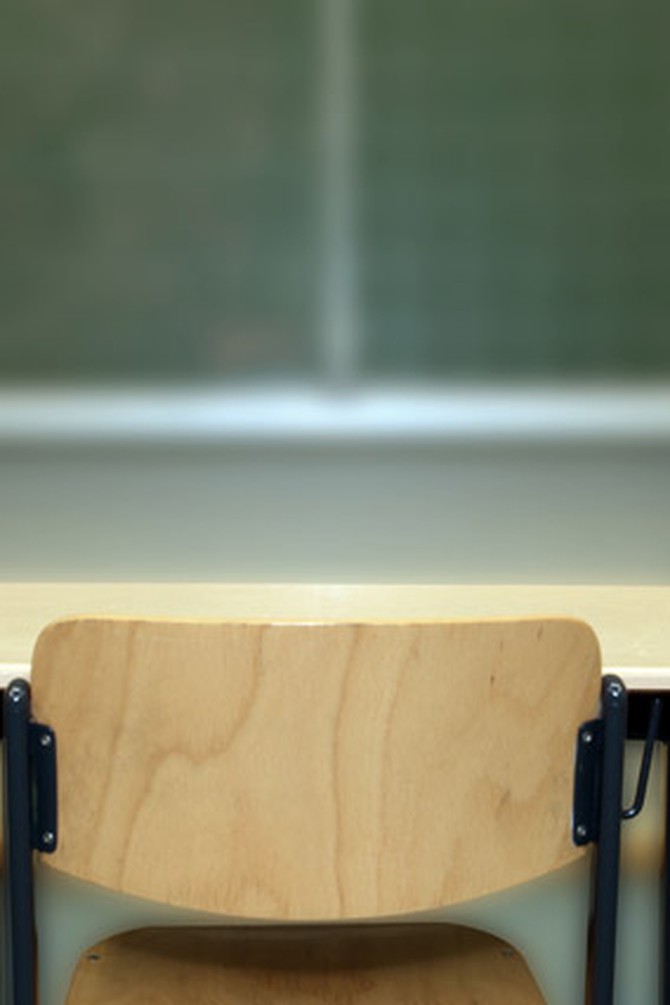
Photo: Thinkstock
Sit in the place where you want to sit for the rest of year.
Not to be crass, but where we place our derrieres says more about us than we'd like. In school, if you wanted to be thought of as the quiet girl who sat in the back, you sat there—and, in effect, that's who you were. And if you wanted to be thought of as the head of the class, you sat right up front.
Is your book club or volunteer meeting that different? If you eventually want to be the one running things, plant yourself at a power end of the table (hint: there are two of them) and voice your opinions. If you want to coast by and just enjoy the group, without handing over half your life, sit over by wall. The nice thing about being a grown-up (and not in school), is that you have the life experience to understand what you want—and choose accordingly.
Is your book club or volunteer meeting that different? If you eventually want to be the one running things, plant yourself at a power end of the table (hint: there are two of them) and voice your opinions. If you want to coast by and just enjoy the group, without handing over half your life, sit over by wall. The nice thing about being a grown-up (and not in school), is that you have the life experience to understand what you want—and choose accordingly.

Photo: Thinkstock
You will never use half the supplies you were told you'd absolutely need.
Those triangle-y pink erasers you stick on the end of pencils? Six packs of Kleenex? Really? And yet on the first day of fourth grade, you bought every supply on the list believing that the teacher might call on you and suddenly demand you present all 17 of your 17 black (not gel!) pens. Only after many, many years did you figure out that the teacher does not do this—ever. Further, if you were going to need, say, a graphing calculator, your teacher usually brought it up the day before, allowing you to stop by Staples with Mom and buy one.
On your next trip to the computer store, as the salesman tries to convince you that you need office software (at 200 bucks a pop) plus an external hard drive and a few $50 cords, pause and think of your never-used-yet-always-purchased protractor. Then just buy the computer you came for and come back later for the extras you really need. People are always going to tell you that you need stuff; they are trying to help. But you know best what you will actually use—and what you won't.
On your next trip to the computer store, as the salesman tries to convince you that you need office software (at 200 bucks a pop) plus an external hard drive and a few $50 cords, pause and think of your never-used-yet-always-purchased protractor. Then just buy the computer you came for and come back later for the extras you really need. People are always going to tell you that you need stuff; they are trying to help. But you know best what you will actually use—and what you won't.
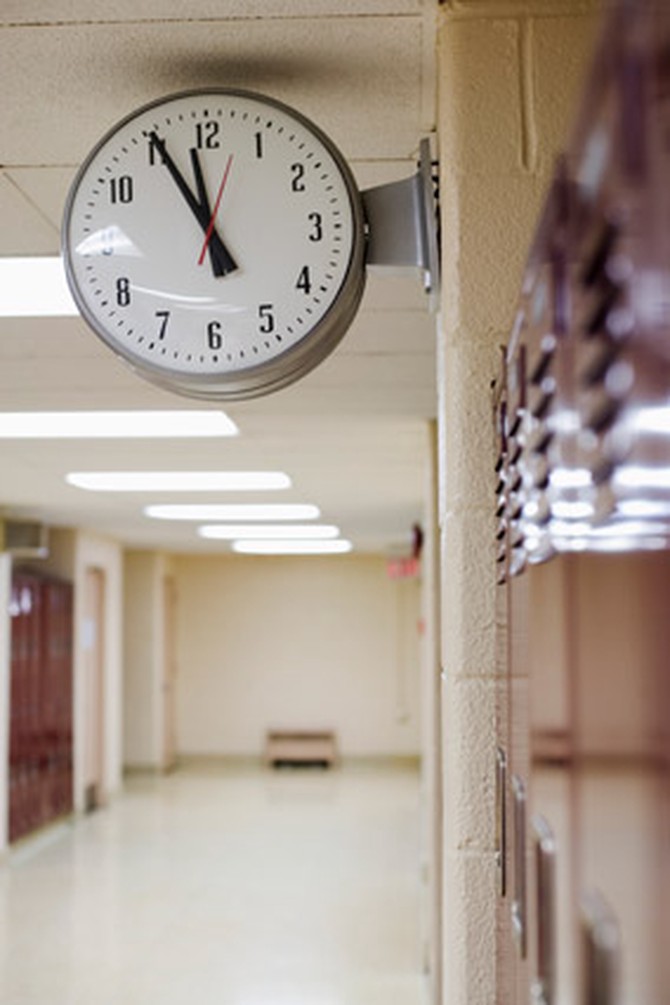
Photo: Thinkstock
Stride forth with confidence—even if you suspect you're walking down the completely wrong hallway.
In sixth grade, I got lost every day for the first week. The middle-school hallways were numerous and yet disturbingly alike (green carpet, lockers, green carpet, lockers). Add to this: There were eighth-graders watching, sophisticated and detail-oriented eighth-graders who were not going to forget if you burst into tears due to the fact that you could not find your Language Arts class. The trick was either to walk like an eight-grader (saunter) or walk by them in such a blur they did not register you (stride). Being incapable of the former, I chose the latter. It worked very well—so well that I also found out that you can stride right into a closet full of basketballs.
As we get older, we worry less about impressing the cool kids loitering in the corridors of our lives—but the walking style nevertheless remains useful. A recent study at Florida Atlantic University found that those who stride (long steps, arms bouncing) for three minutes felt "significantly happier" than those who shuffled (small steps, slumped shoulders, looking down).
As we get older, we worry less about impressing the cool kids loitering in the corridors of our lives—but the walking style nevertheless remains useful. A recent study at Florida Atlantic University found that those who stride (long steps, arms bouncing) for three minutes felt "significantly happier" than those who shuffled (small steps, slumped shoulders, looking down).
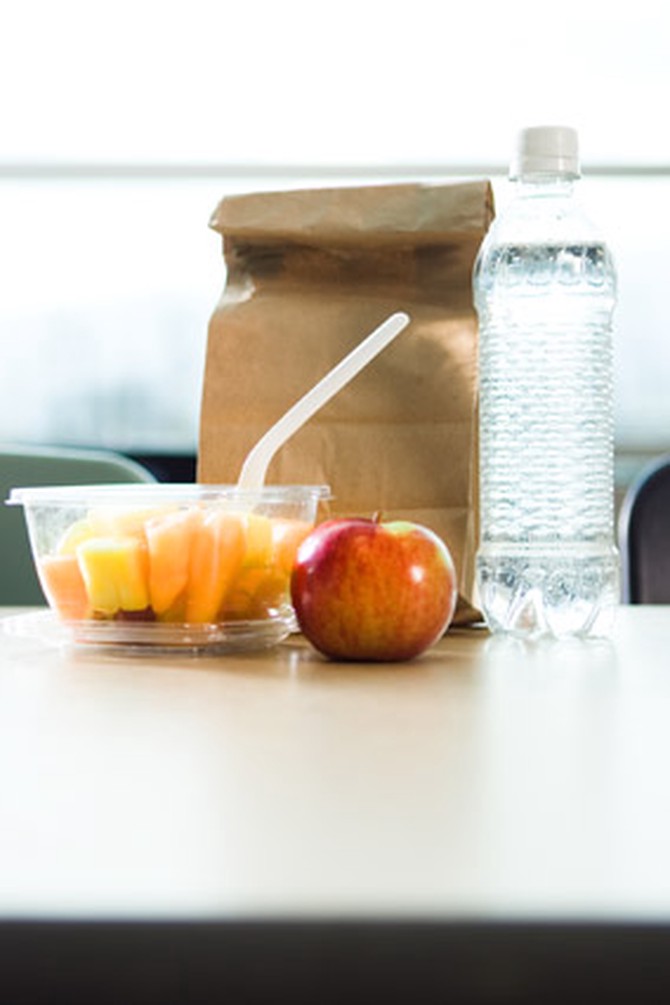
Photo: Thinkstock
Pack your own lunch.
Be it the high school cafeteria or the corporate cafeteria, food from home is cheaper and better tasting.
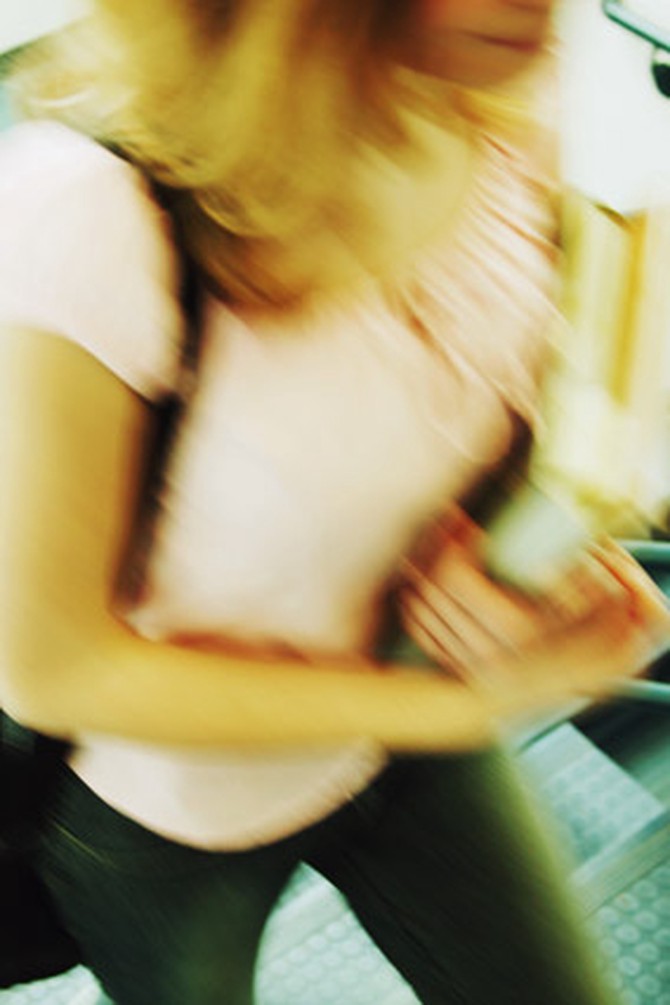
Photo: Thinkstock
There is no work on the first day.
All of us have a lot of feeling about first days. We worry about making new friends; getting the smart, nice teacher (or boss). We worry we won't know enough to keep up in class (or at the PTA meeting) or that everyone else will know something we don't. Neck-and-neck with the anxiety is the excitement, because this might be the year when we're voted school president (or promoted to VP of marketing)! This might be the day when the cute older guy at the bus stop (or a cute man at the French-cinema lecture series) finally instantly falls in love with us! But we forget the most crucial point: There is no work on the first day. There are no tests (or presentations) or research (or fundraising calls) or oral reports (or speeches to the committee). You just show up, get through the newness of it all, and go home where, hopefully, you will enjoy milk and cookies (or nachos and margaritas).
Leigh Newman is the deputy editor of Oprah.com and the author of Still Points North: One Alaskan Childhood, One Grown-up World, One Long Journey Home.
Next: Things it took me way too long to learn
Leigh Newman is the deputy editor of Oprah.com and the author of Still Points North: One Alaskan Childhood, One Grown-up World, One Long Journey Home.
Next: Things it took me way too long to learn
Published 07/31/2013

